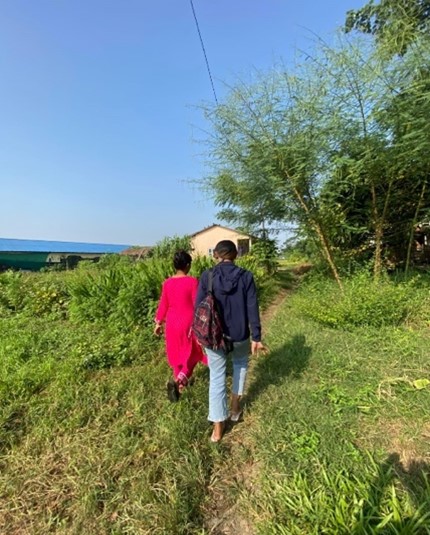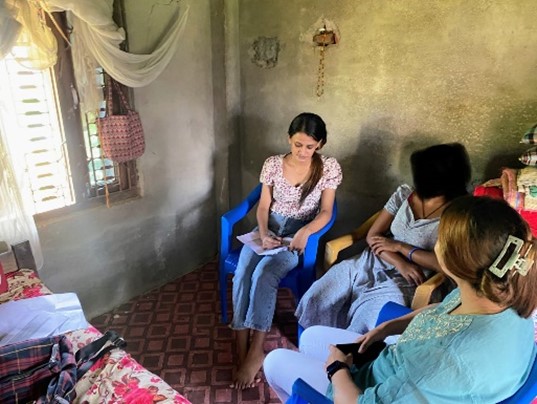
Navigating Food Insecurity During the Pandemic: The Role of Social Networks Among Pregnant Women in Nepal
- Overview
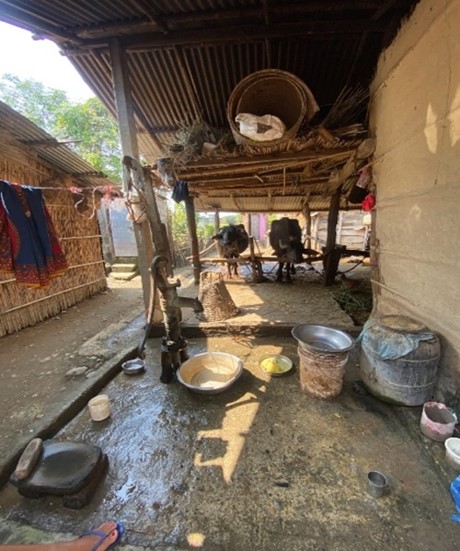 Food insecurity is defined as a state in which an individual “lacks regular access to sufficient, safe and nutritious food to meet the needs for normal growth and development and to maintain an active and healthy lifestyle” (FAO, 2020). An individual may become food insecure due to a combination of factors, including lack of resources to obtain food and/or unavailability of food are some. Not all people are equally vulnerable to food insecurity at all times. Pregnancy is a particularly vulnerable period as the nutritional requirements of the pregnant woman are higher than normal. The lived experience of food insecurity can be influenced by a number of socio-economic factors. The impact of social networks on health outcomes has been the subject of extensive social and medical research in recent decades.
Food insecurity is defined as a state in which an individual “lacks regular access to sufficient, safe and nutritious food to meet the needs for normal growth and development and to maintain an active and healthy lifestyle” (FAO, 2020). An individual may become food insecure due to a combination of factors, including lack of resources to obtain food and/or unavailability of food are some. Not all people are equally vulnerable to food insecurity at all times. Pregnancy is a particularly vulnerable period as the nutritional requirements of the pregnant woman are higher than normal. The lived experience of food insecurity can be influenced by a number of socio-economic factors. The impact of social networks on health outcomes has been the subject of extensive social and medical research in recent decades.
Food insecurity increased rapidly during Covid-19, and the pandemic seriously interrupted severely disrupted social support networks. Nepal is no exception when it comes to consequences of Covid-19 on food insecurity and social networks. The Ministry of Agriculture and Livestock Development in Nepal reported that 58% of the households did not have food stocks for more than a month and three out of ten households lost their income during the worst crisis of Covid-19. While the general importance of social networks for health is well established, few studies have examined the impact of social networks on food insecurity in LMICS.
No studies have explored the role of social networks in the lived experience of food insecurity among pregnant women. However, there are good reasons to believe that the general factors such as social support and access to material resources and goods may also be important in this context. This project explored the lived experiences of food insecurity among pregnant women in Nepal from a qualitative social network perspective in in the Chitwan district including 10 Tharu women who were pregnant during the Covid-19 pandemic.
Related Project
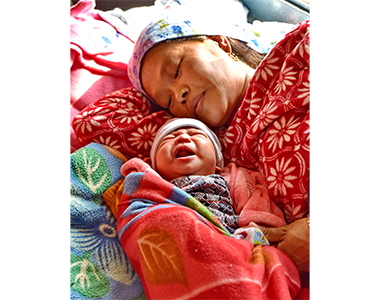
Implementing Respectful Maternity Care (RMC) Intervention to Improve Perinatal Mental Health
Several studies in low- and middle-income settings have shown that mistreatment and disrespectful care during childbirth is a major...
Learn More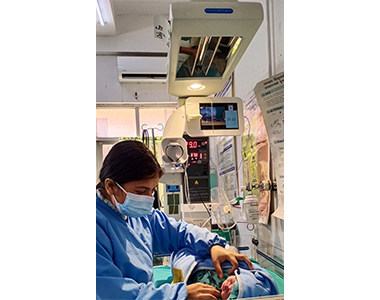
Improving Adherence to Neonatal Resuscitation Using Machine Learning at Quality Improvement Approach (Pre-MALA)
High quality neonatal resuscitation is a key to save newborn lives, prevent brain injury and optimize child development, yet...
Learn More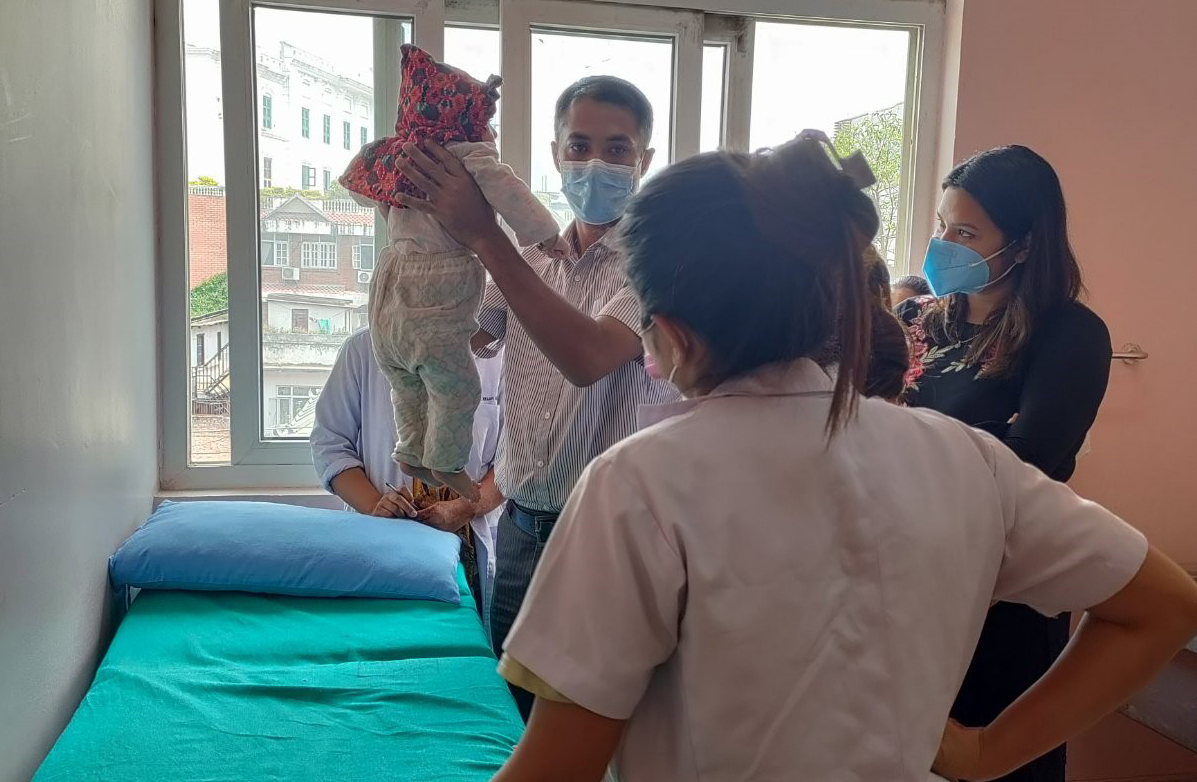
Feasibility of Remote General Movements Assessment (GMA) for Early Recognition and Rehabilitation of Cerebral Palsy in Nepal
Cerebral Palsy (CP) is a syndrome of non-progressive movement and posture disorder caused by damage to the developing brain...
Learn More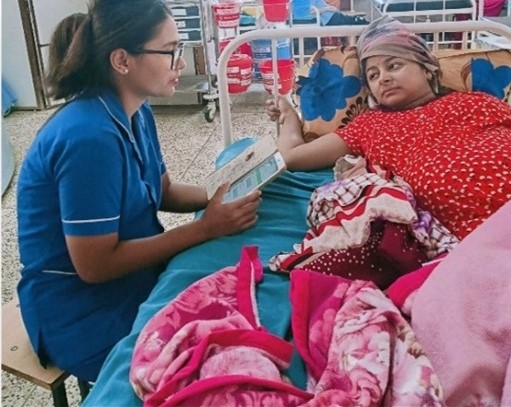
Investigating heat wave risk perception, vulnerability and adaptation among pregnant women
Over the past 15 years, Nepal has experienced a series of catastrophic weather events, with the Terai region emerging...
Learn More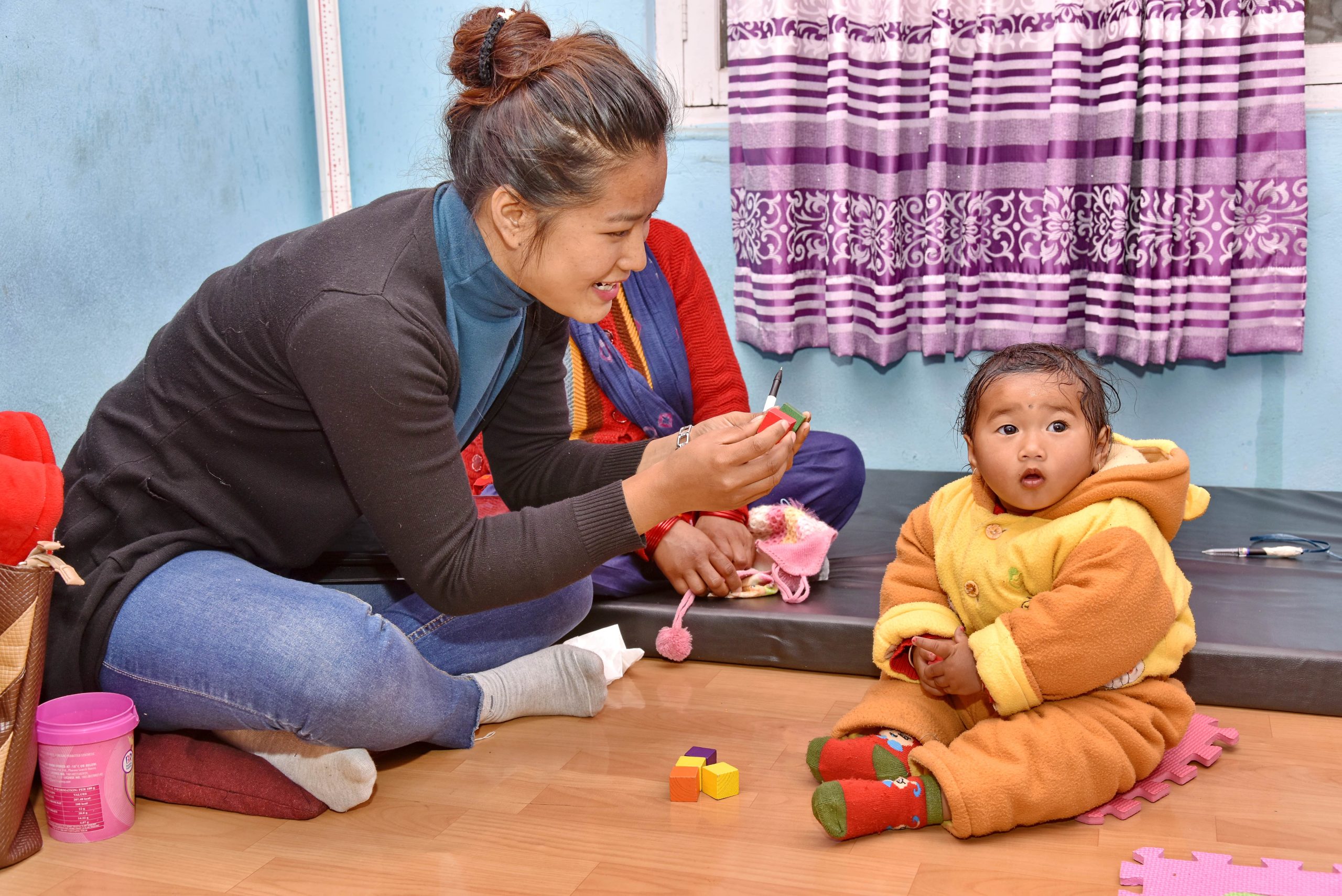
Every Newborn – Simplified Measurement Integrating Longitudinal Neuro Development and Growth (EN-SMILING)
In low- and middle-income countries, there has been a noticeable decline in mortality rates among children under 5 years...
Learn More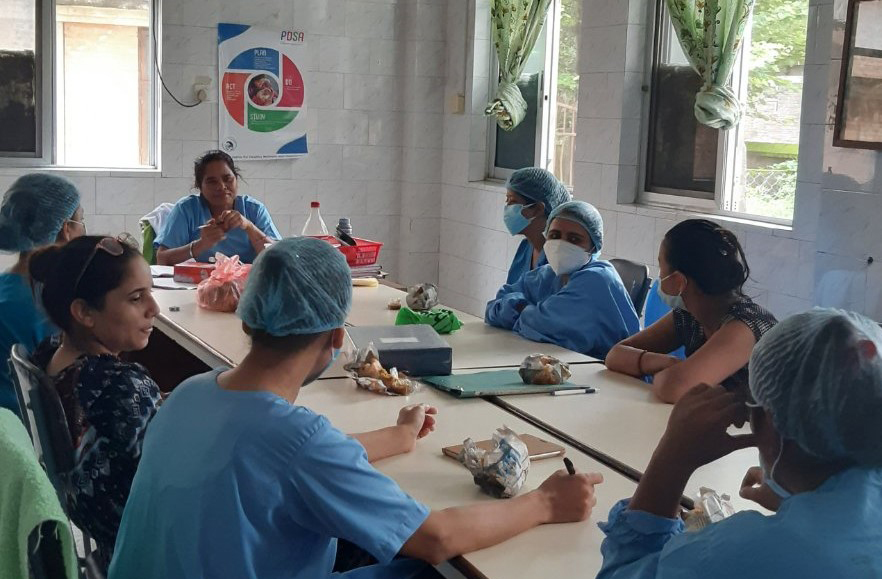
Scaling Up Safer Birth Bundle Through Quality Improvement in Nepal (SUSTAIN)
Golden community in collaboration with the Ministry of health and Population, Government of Nepal (GoN) and Uppsala University has...
Learn More
